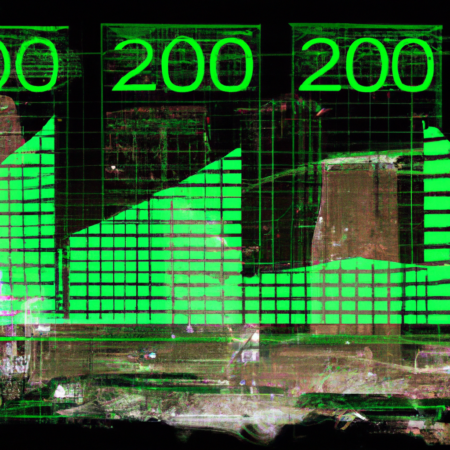Navigating the New Economy: Trends and Policies Shaping 2025
As we move into the second quarter of 2025, the global economy is witnessing transformative shifts driven by unprecedented technological advancements, evolving trade policies, and shifting consumer behaviors. This blog post delves into the key economic trends and policies that are defining this year and shaping the future landscape.
1. Technological Integration in Traditional Industries
The integration of AI and machine learning into traditional sectors such as manufacturing and agriculture has revolutionized production processes, leading to increased efficiency and reduced costs. Governments are now focusing on creating policies that facilitate this transition while ensuring job security for affected workers.
2. Green Energy Policies
With the urgent need to address climate change, 2025 has seen a surge in green energy policies. Countries are investing heavily in renewable energy sources, which is not only helping to reduce carbon footprints but also creating new job opportunities. These initiatives are supported by both subsidies and regulations that encourage sustainable practices.
3. Changes in Global Trade Dynamics
The reconfiguration of global trade agreements in response to economic nationalism and the pandemic aftermath continues to impact trade flows and economic relations. Understanding these dynamics is crucial for businesses looking to navigate the complexities of international trade in 2025.
4. Financial Policies and Inflation
Central banks around the world are adjusting their monetary policies to manage inflation without stifling growth. The balancing act between controlling inflation and supporting economic recovery is a key theme in 2025’s economic policy discussions.
5. The Role of Digital Currencies
Digital currencies are becoming increasingly mainstream, prompting policymakers to develop frameworks to integrate them into the national financial systems safely. These developments are likely to have profound implications for global financial systems and regulatory practices.
In conclusion, the economic landscape of 2025 is shaped by a mixture of innovation-driven growth and careful policy crafting to ensure sustainable development. Staying informed and adaptable is crucial for businesses and individuals aiming to thrive in this dynamic environment.






